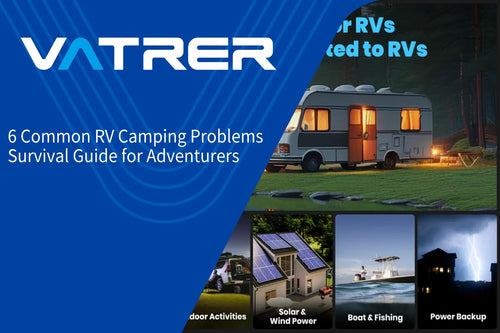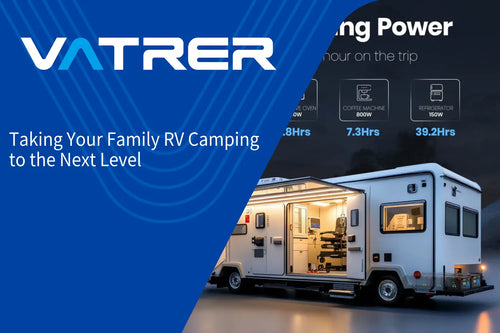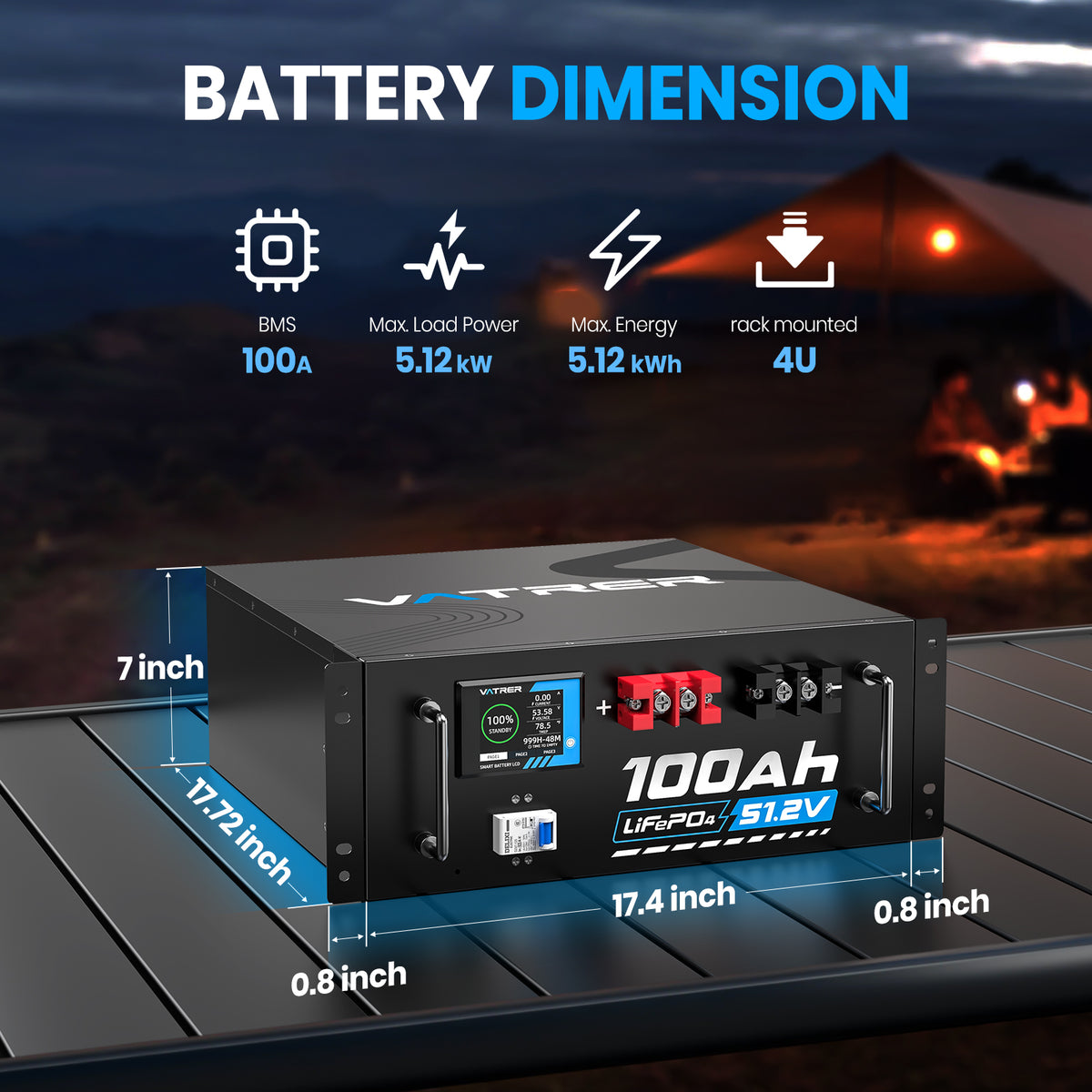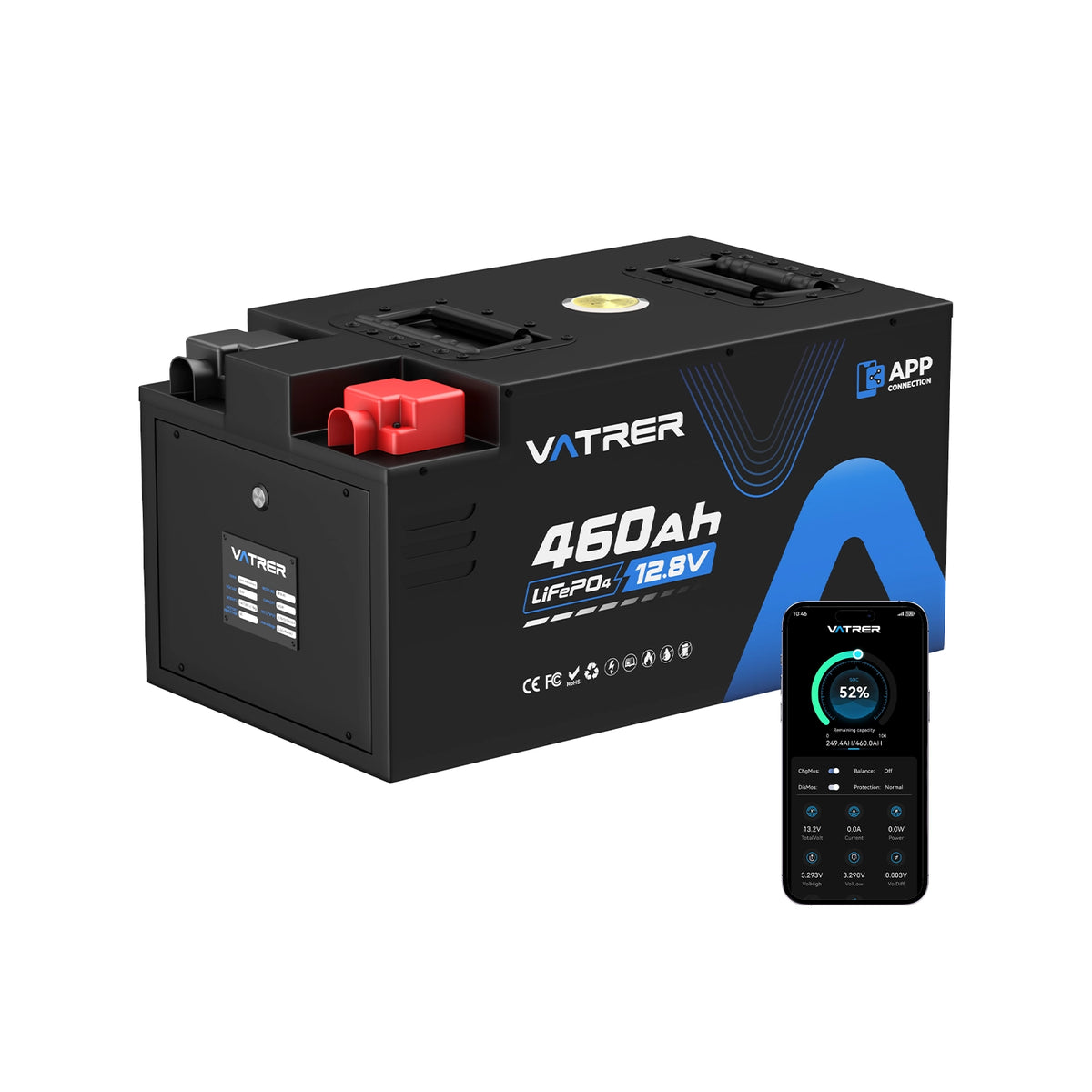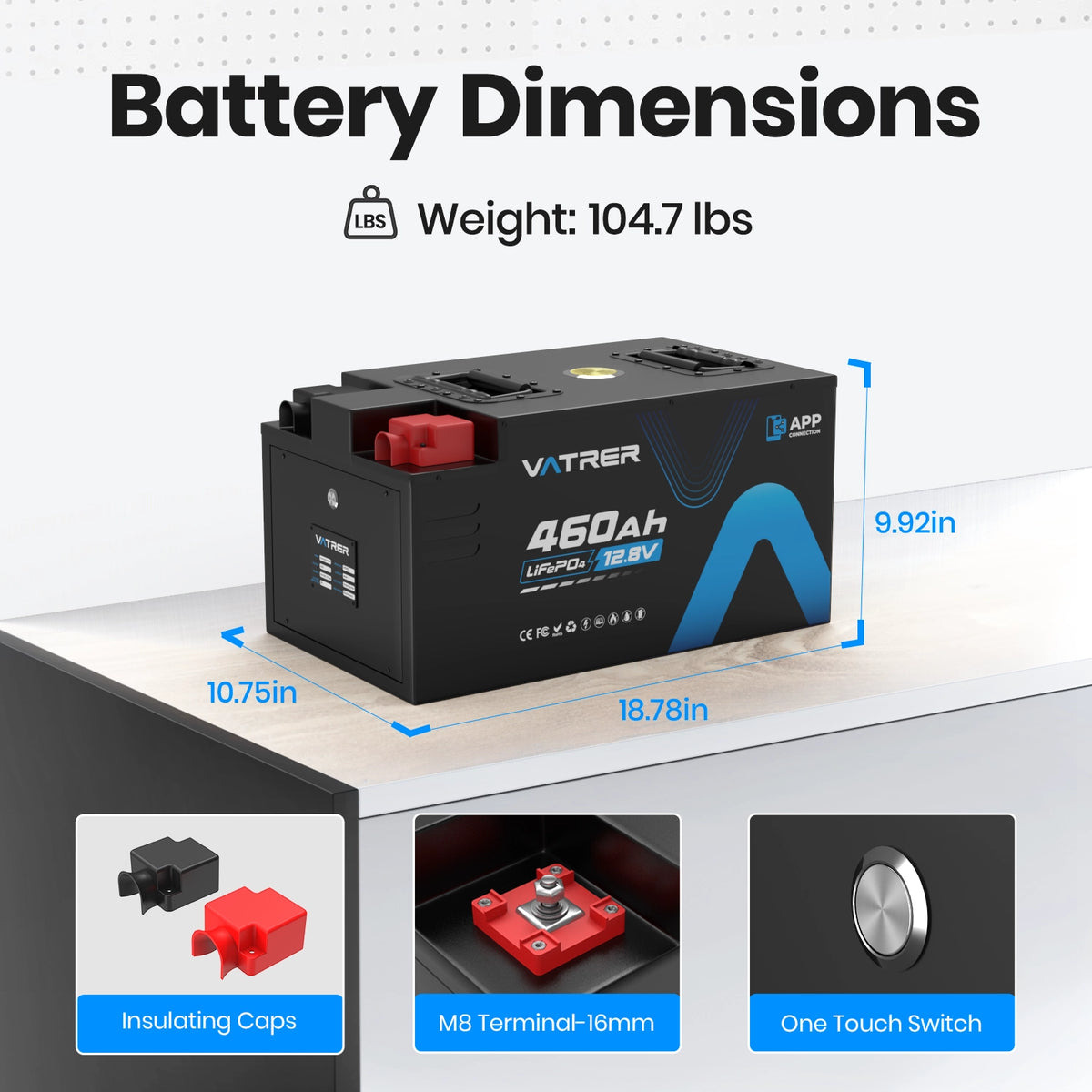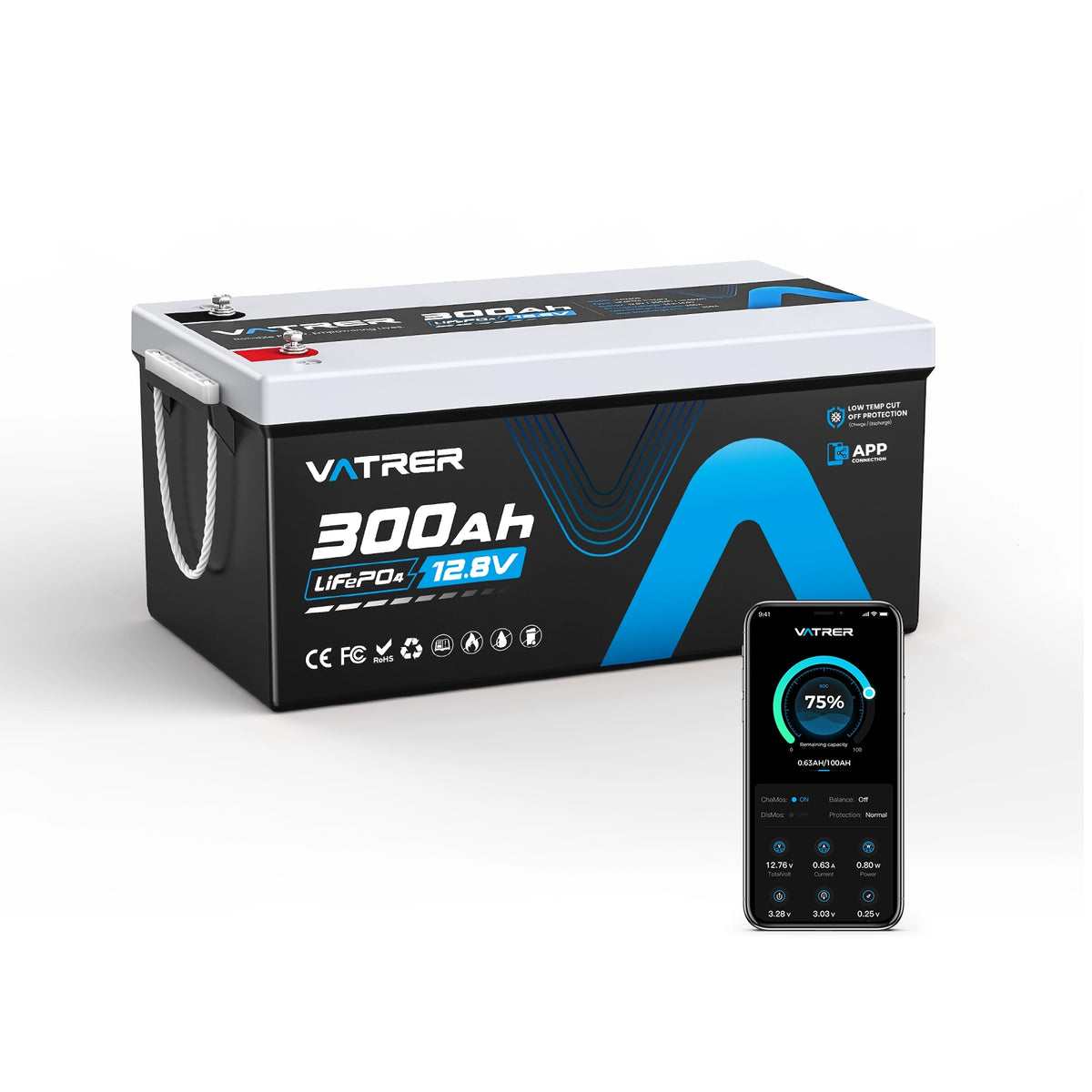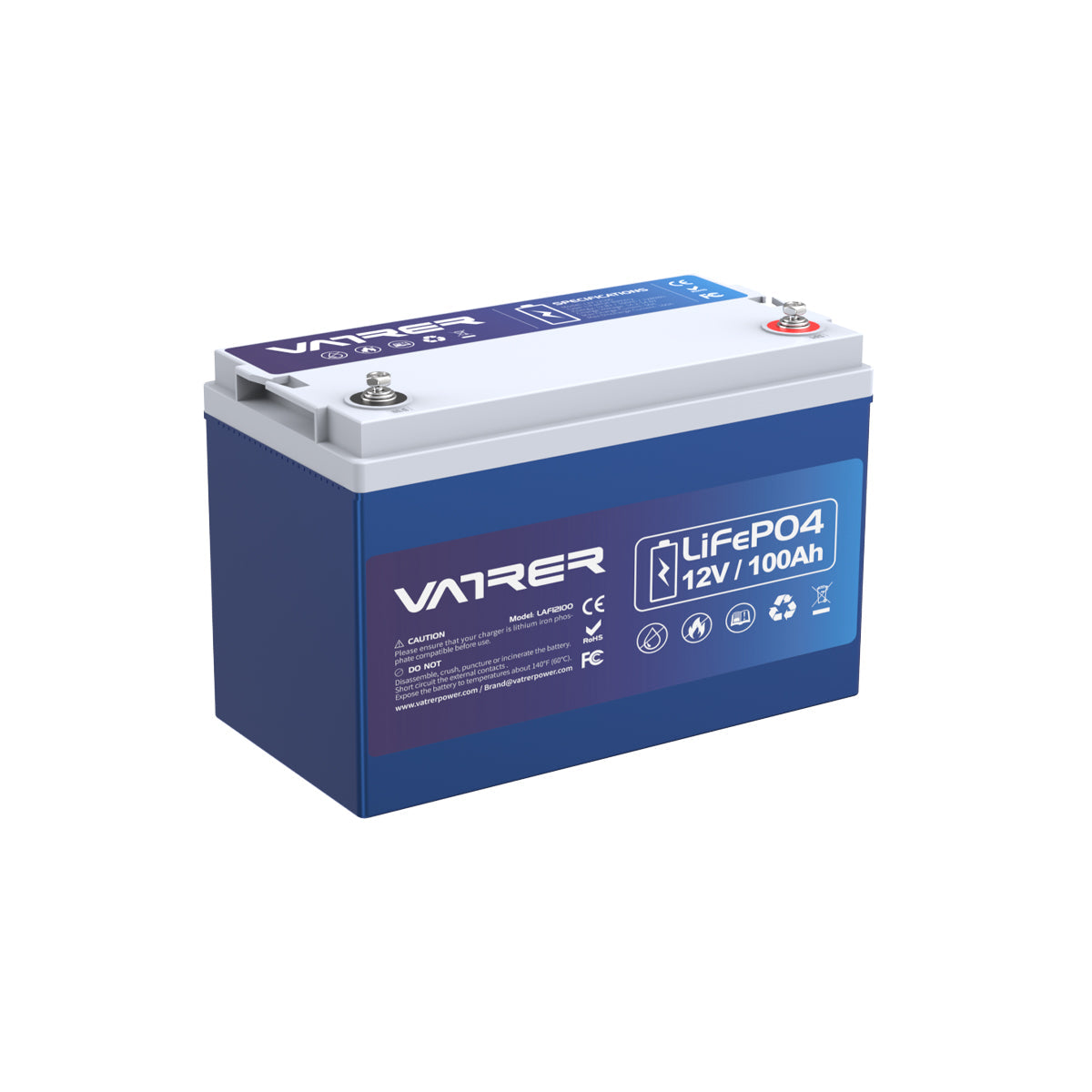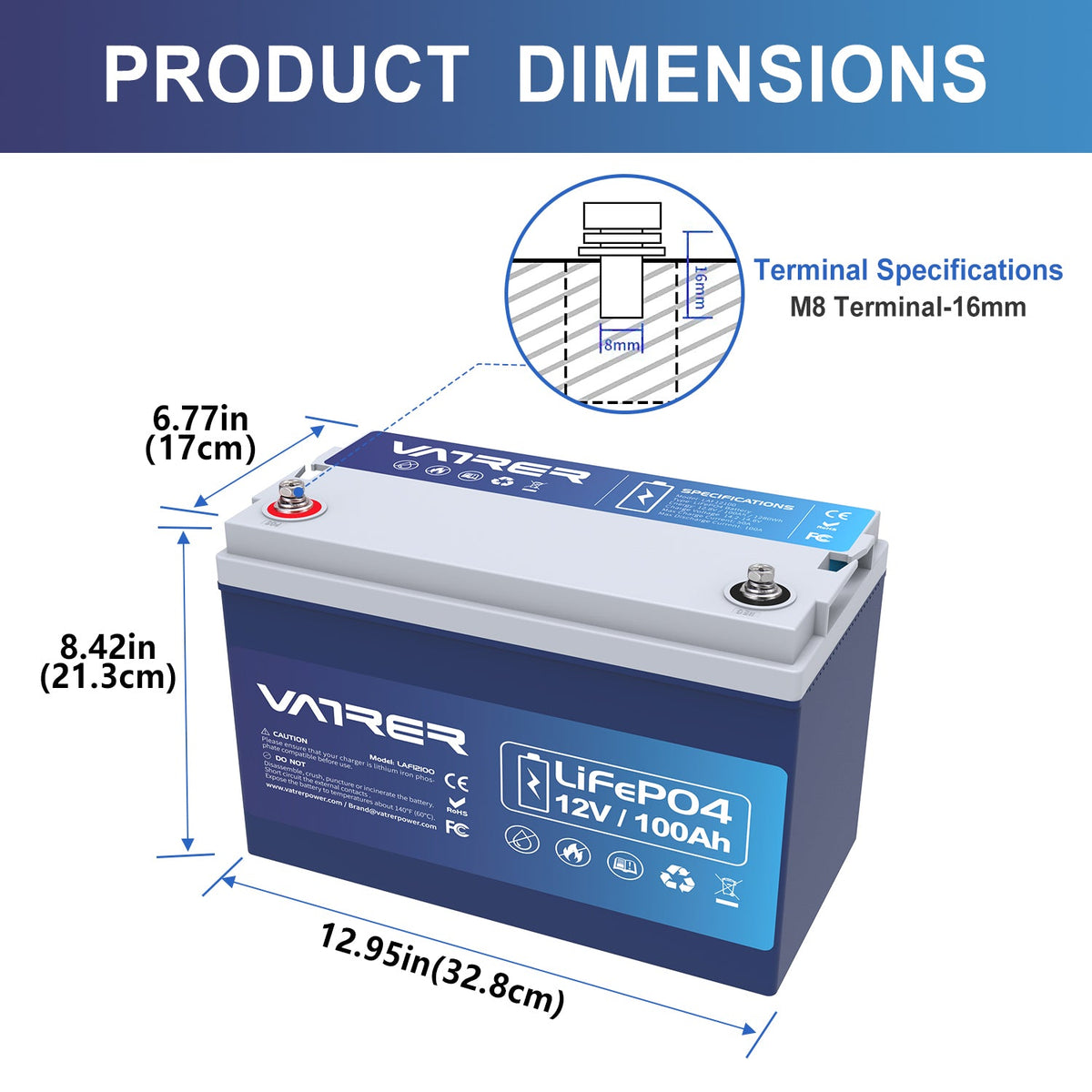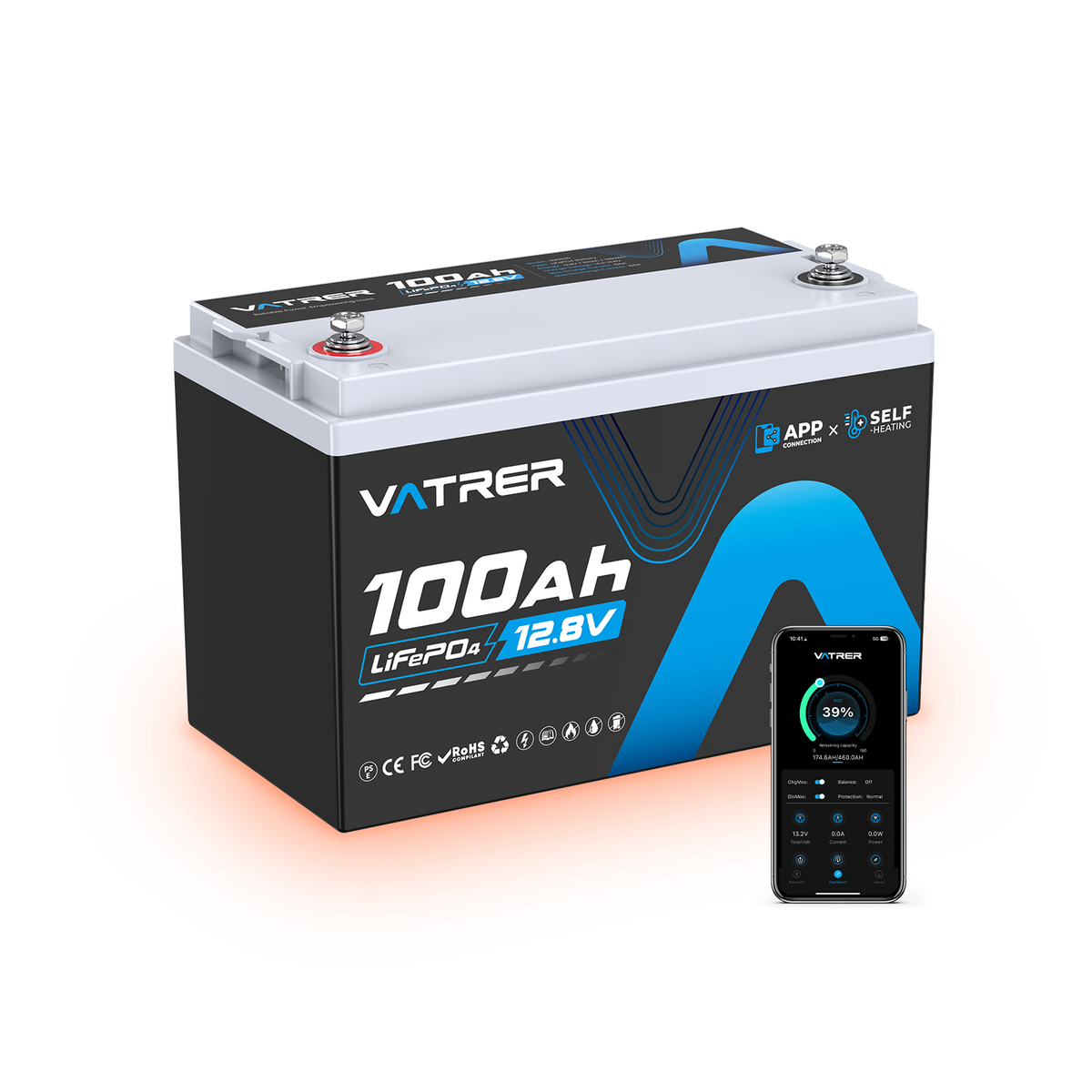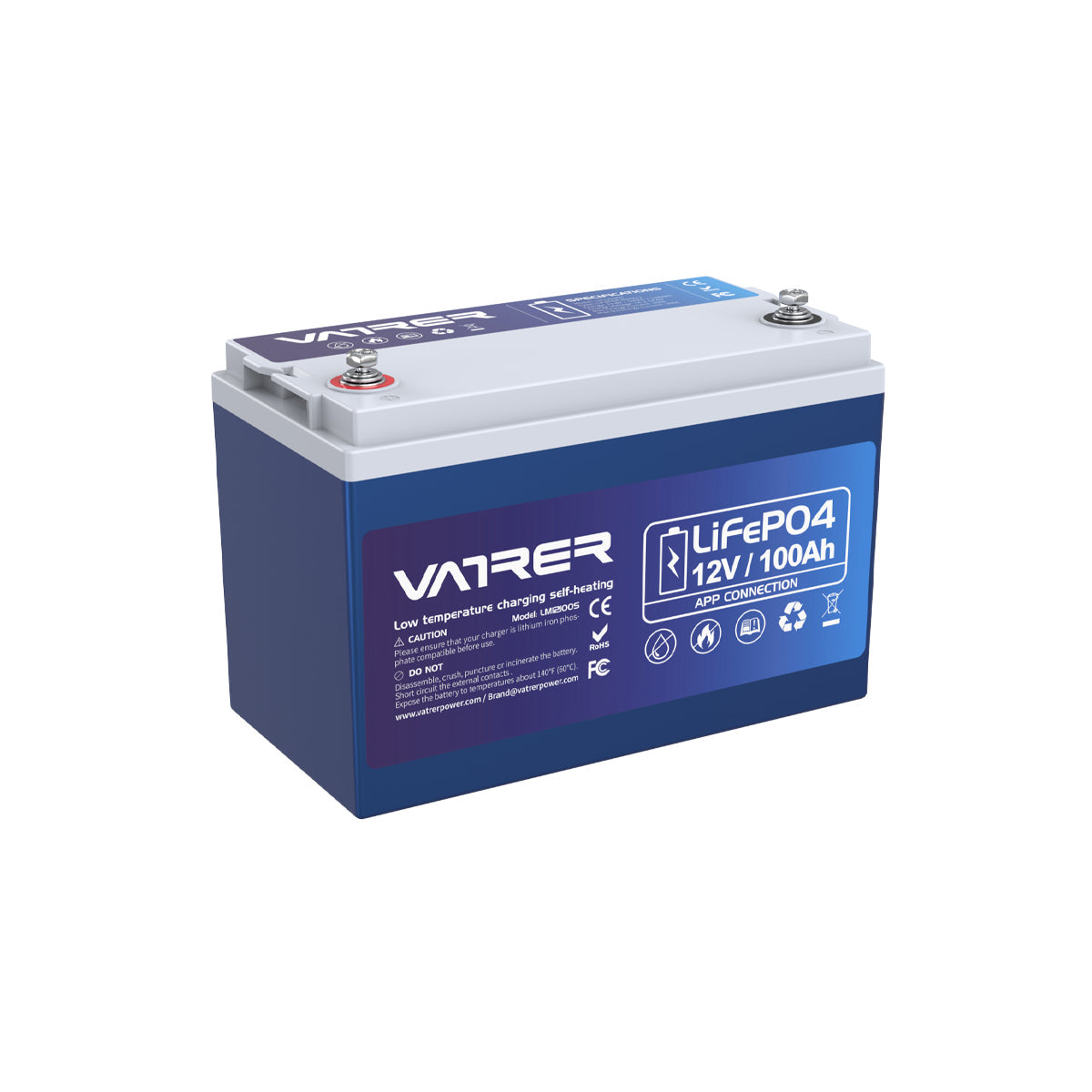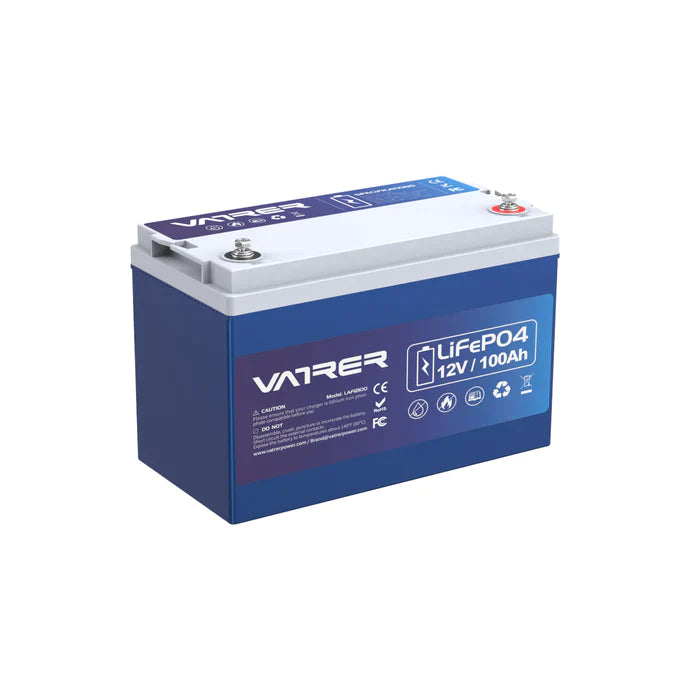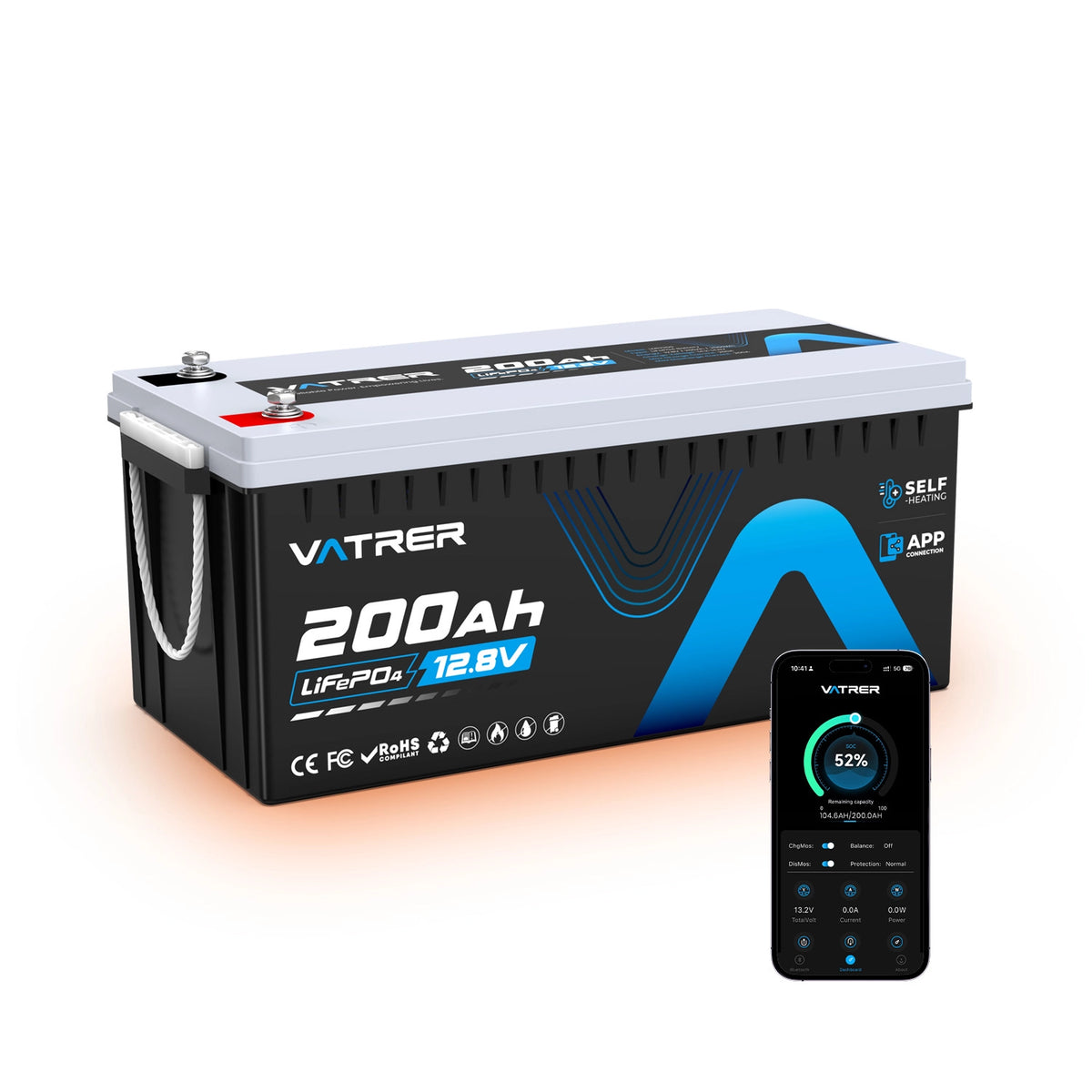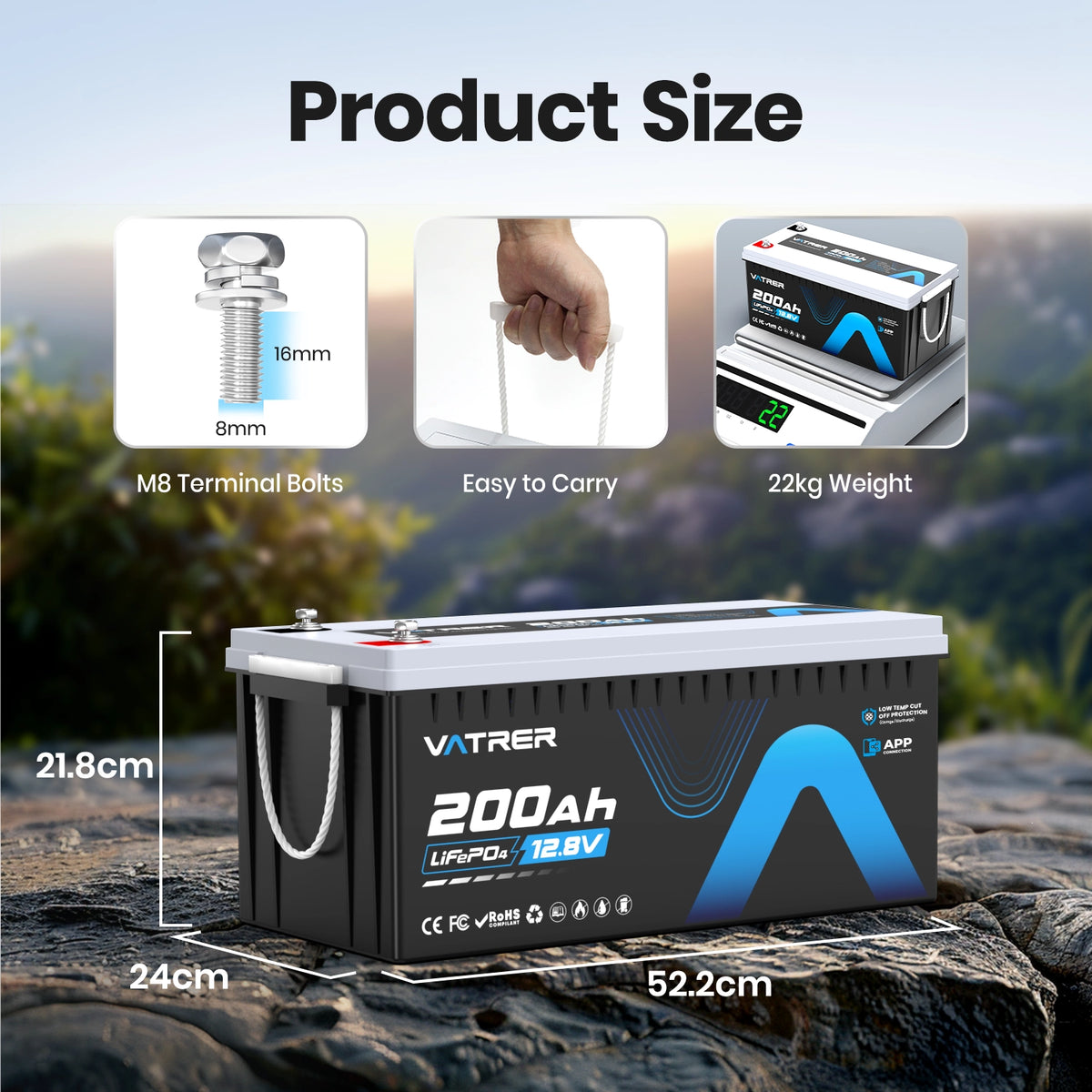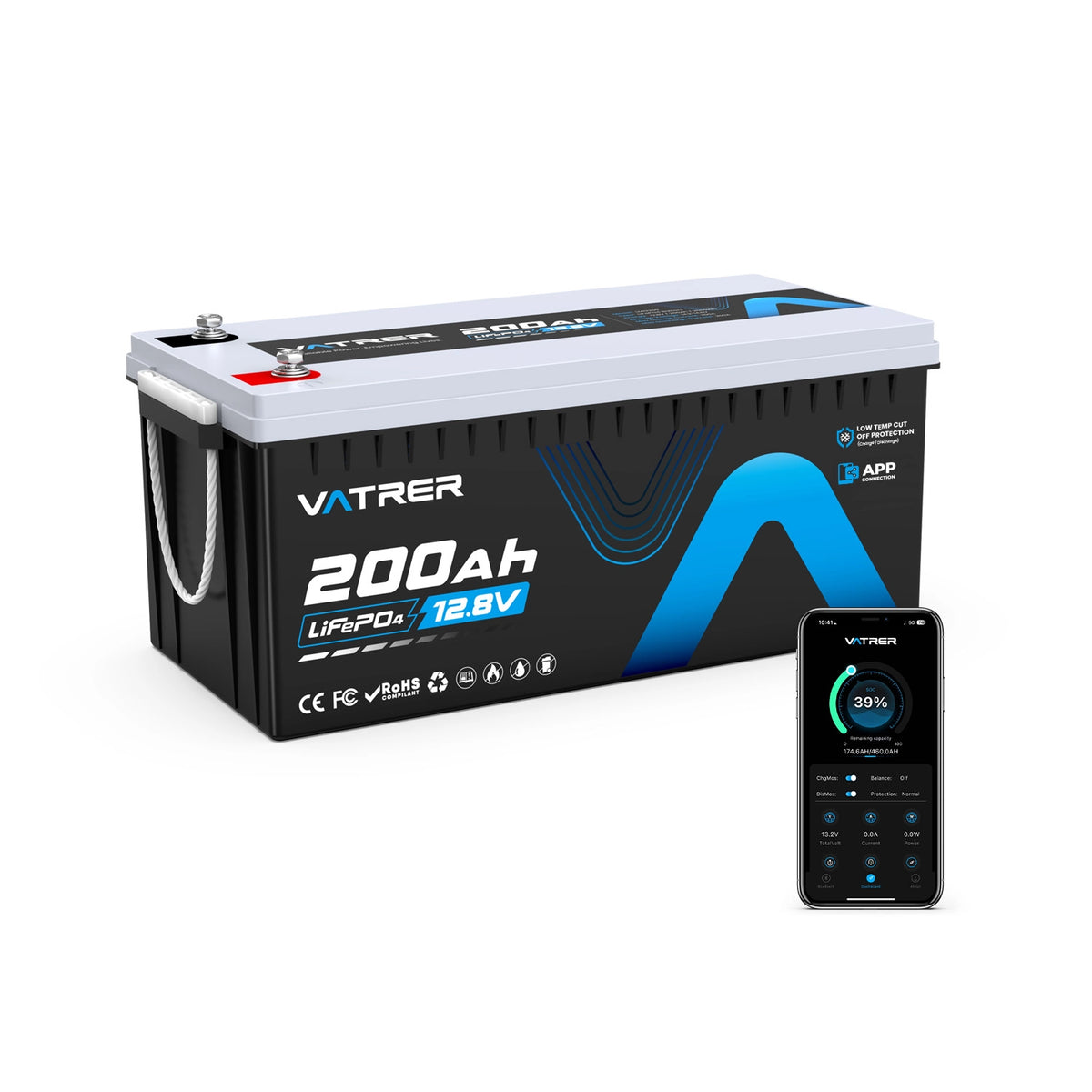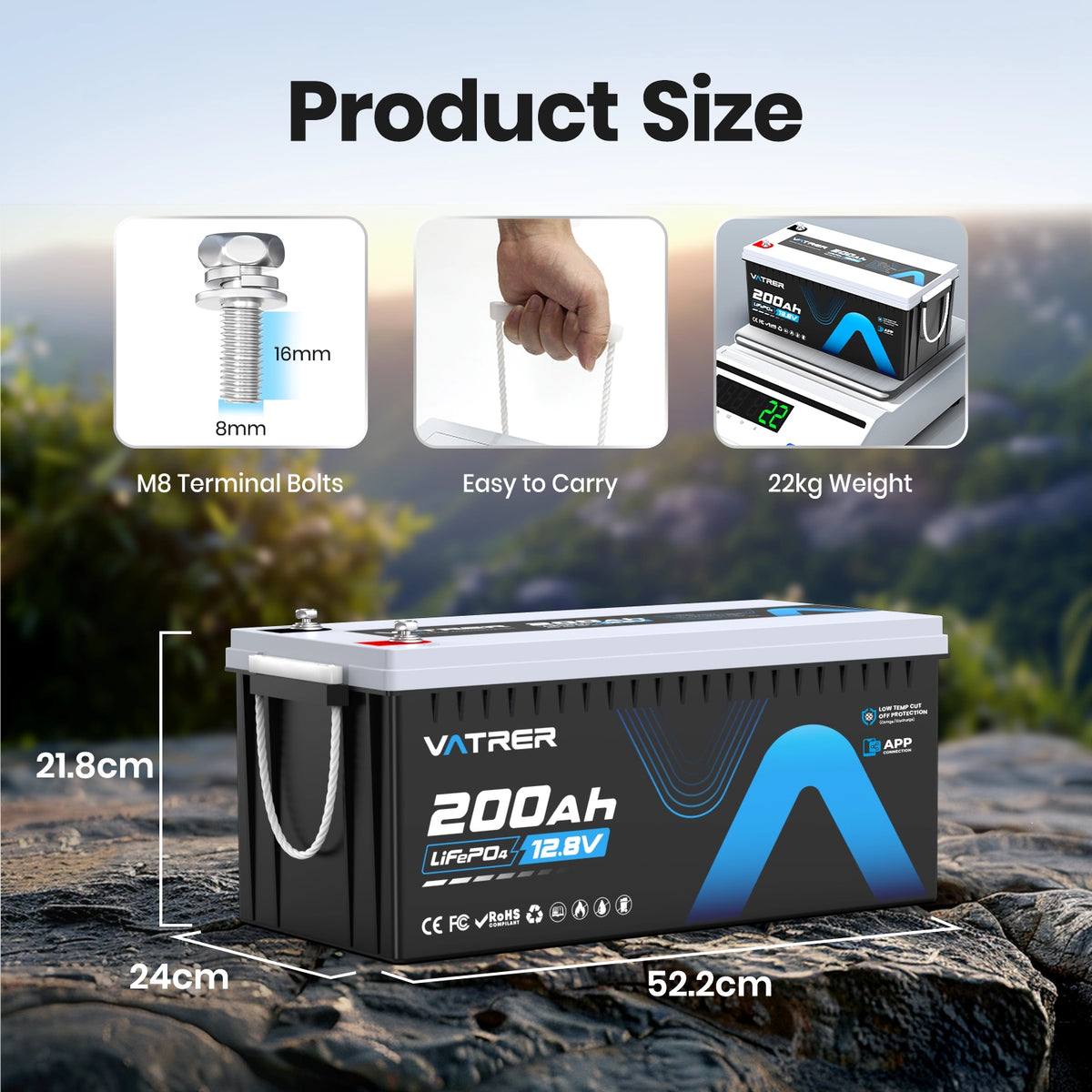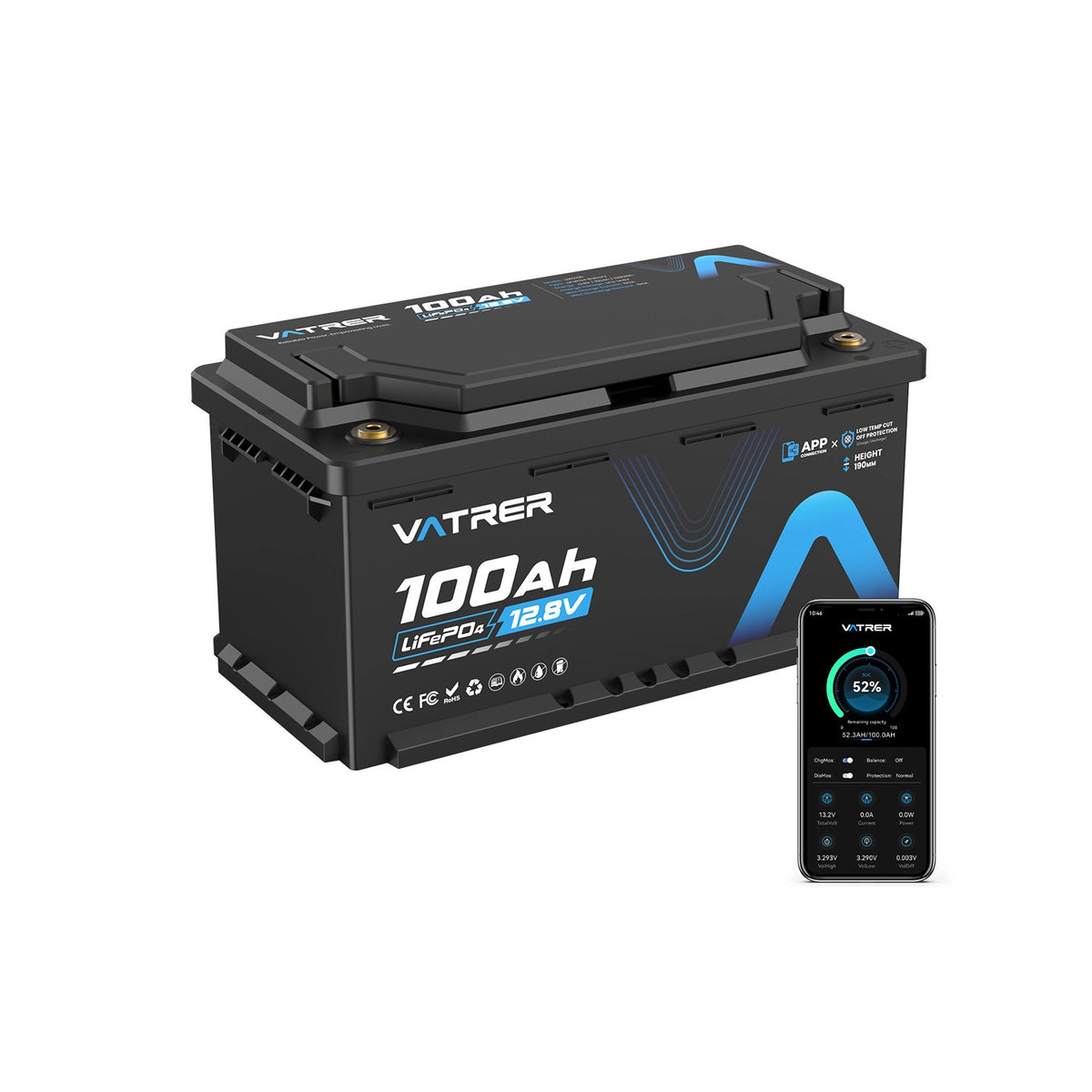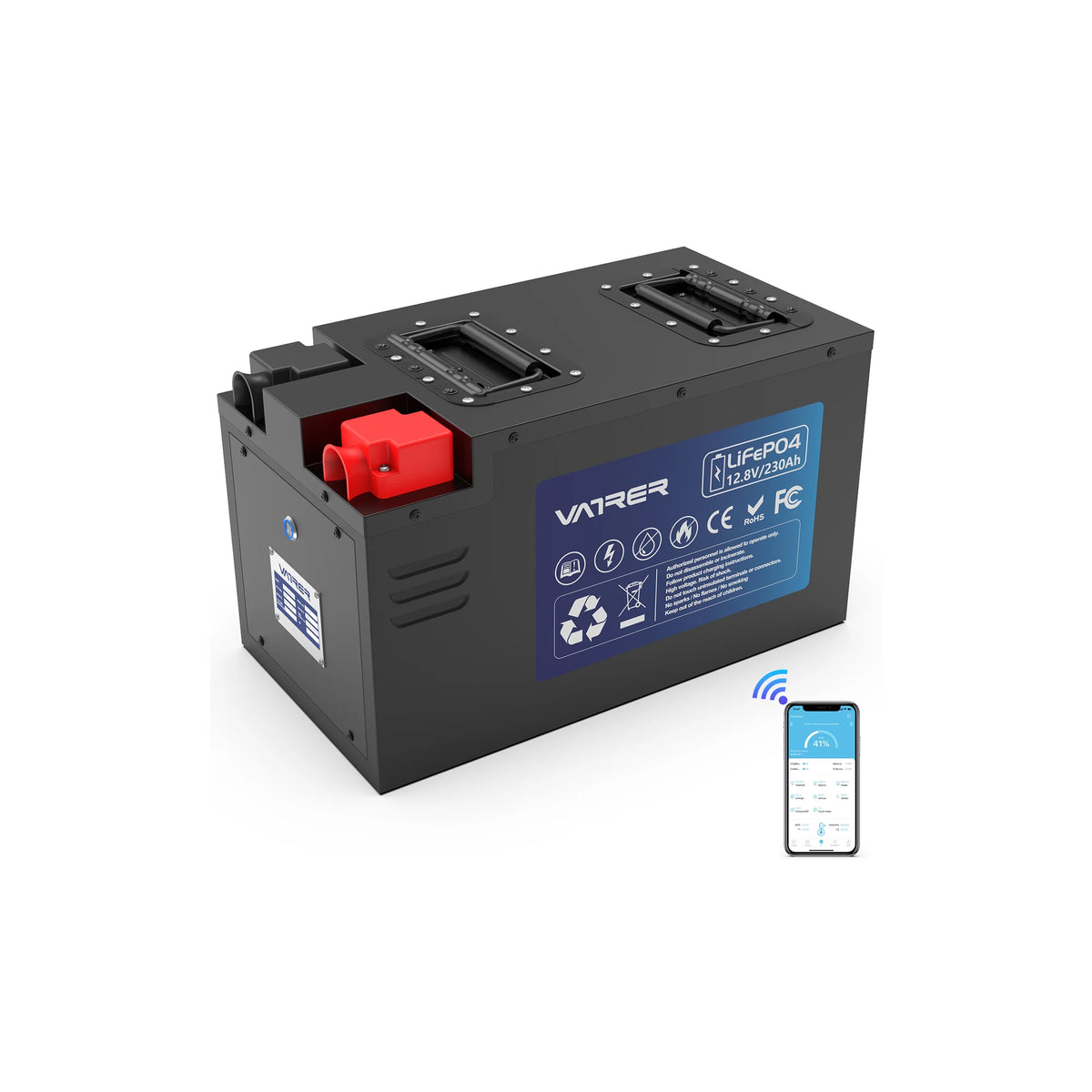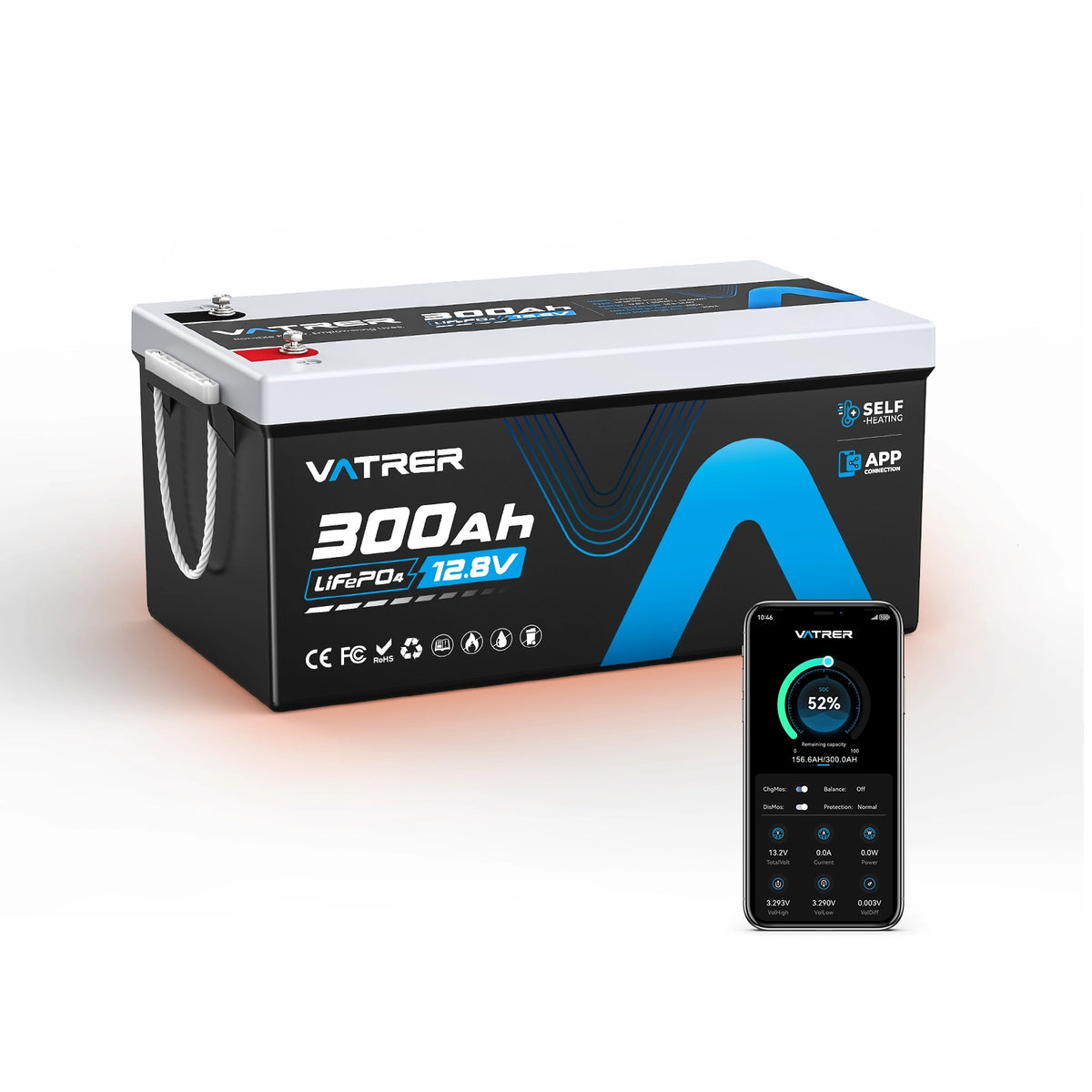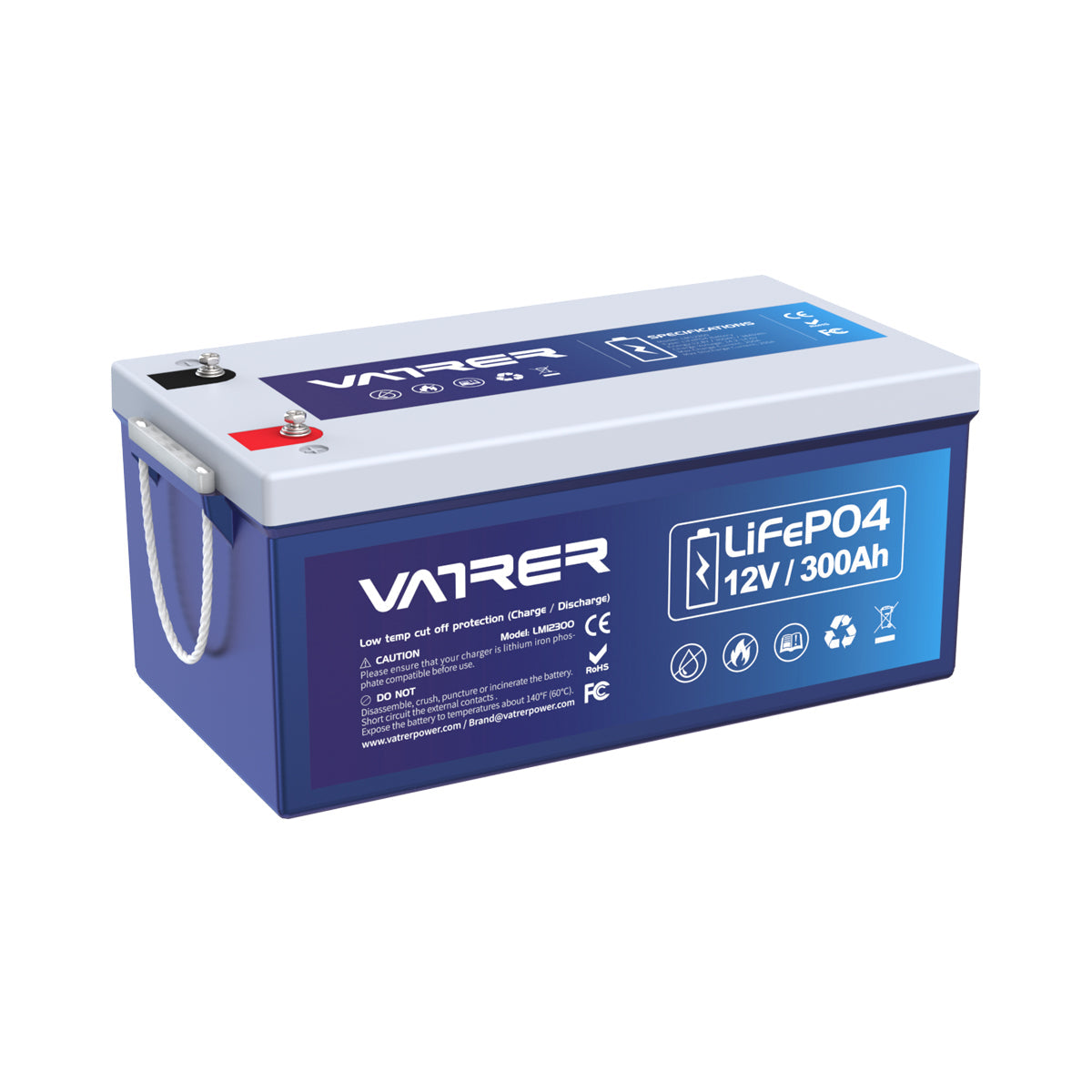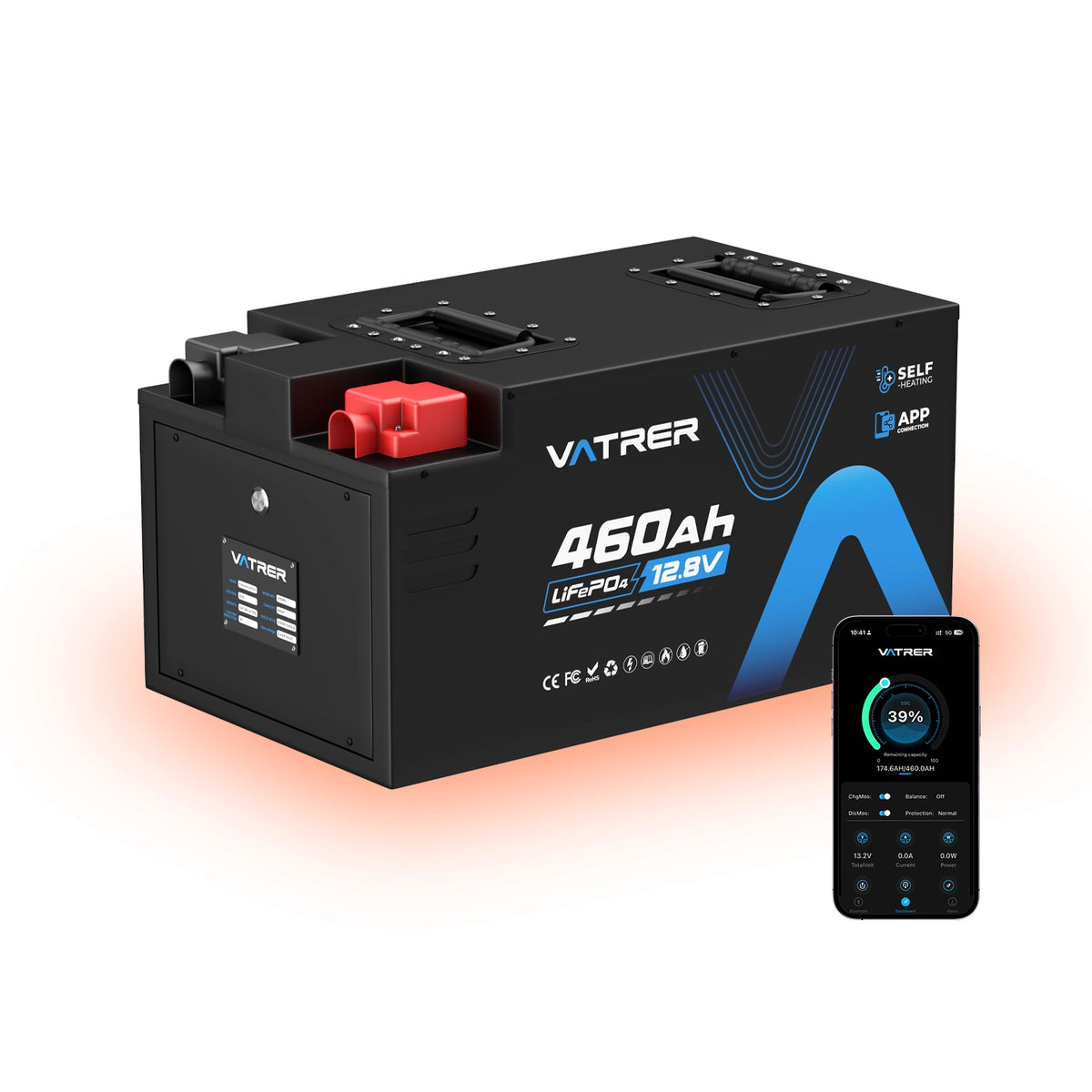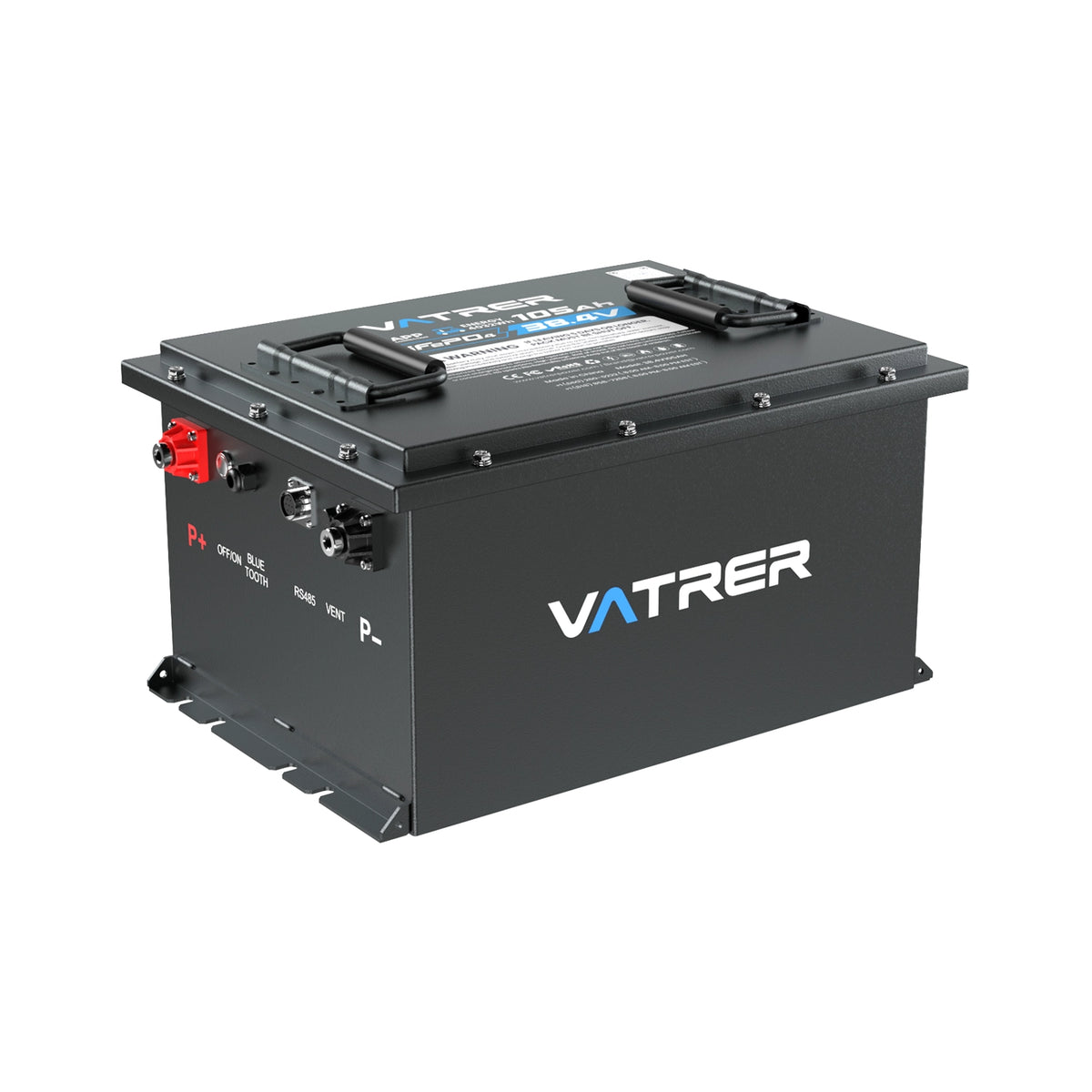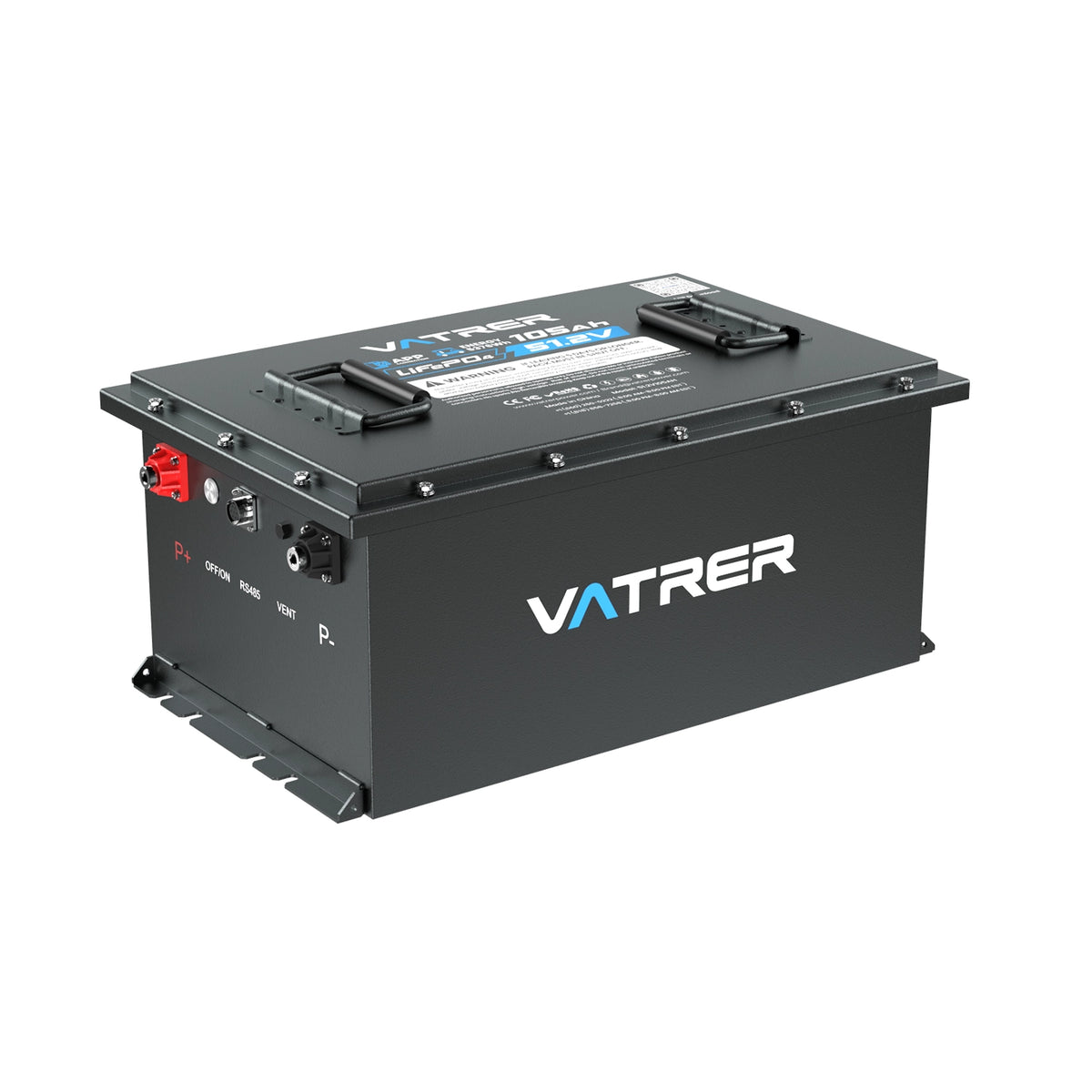The idea of traveling in an RV, exploring diverse landscapes and enjoying the freedom of the open road, is appealing to many. Whether you’re planning a weekend getaway or considering a longer nomadic lifestyle, starting your RV journey can seem daunting. This beginner’s guide will walk you through the essentials of RVing, helping you navigate your first adventure with confidence and ease.

1. Choosing the Right RV
Types of RVs:
-
Class A: These are the largest and most luxurious, equipped with full-size amenities and plenty of space.
-
Class B: Often called camper vans, these are more compact and easier to drive.
-
Class C: A middle ground between A and B, offering good amenities in a more manageable size.
-
Travel Trailers: These are towed behind your vehicle, varying widely in size and amenities.
Considerations:
-
Budget: Determine how much you are willing to spend. Remember that apart from the purchase price, you’ll need to budget for maintenance, fuel, insurance, and campground fees.
-
Usage: Consider how often you plan to use your RV and what type of traveling you prefer. Weekend campers might opt for something simpler than those planning to live on the road full-time.
-
Size and Amenities: Think about how much space you need and which amenities are essential for your comfort.
2. Learning to Drive and Maneuver Your RV
Driving an RV is different from driving a car, especially when it comes to turning, reversing, and parking. Here are a few tips:
-
Take a Class: Some companies offer driving classes for new RV owners.
-
Practice: Before hitting the road, practice driving in an empty parking lot.
-
Be Aware of Height and Weight: Always know the height of your RV to avoid low bridges, and be mindful of its weight when climbing steep grades or crossing bridges.
3. Packing and Preparation
Packing an RV requires a balance between bringing what you need and keeping weight to a minimum. Here’s how to pack smart:
-
Essentials: Include tools, a first-aid kit, necessary documents (like insurance and registration), and basic cooking supplies.
-
Clothing and Bedding: Pack according to the climate you expect to encounter.
-
Food and Water: Stock up on non-perishable food items and bottled water, especially if you plan to camp in remote areas.
4. Understanding RV Maintenance
Regular maintenance is crucial to keep your RV running smoothly. Focus on:
-
Regular Inspections: Check brakes, tires, and engine regularly.
-
Seasonal Maintenance: Prepare your RV for winter storage and summer travel.
-
Emergency Repairs: Carry basic tools and understand how to perform simple repairs.
5. Planning Your Trip
Effective planning can make your RV trip more enjoyable.
-
Route Planning: Choose routes that are suitable for RVs. Avoid roads with low clearance or weight restrictions.
-
Campground Booking: Reserve spots in advance, especially in popular parks.
-
Local Research: Know about the attractions and amenities in the areas you plan to visit.
6. Staying Powered: The Role of Batteries
Your RV’s battery system is vital for powering appliances and devices when you’re not connected to a power source.
- Battery Types: Most RVs come with lead-acid batteries, but upgrading to lithium batteries can be beneficial due to their longer lifespan, reliability, and efficiency.
- Maintenance: Regularly check battery levels and keep them charged.
7. Joining the RV Community
Connecting with other RVers can provide support, friendship, and valuable tips.
- Online Forums and Groups: Platforms like RVillage or iRV2 offer a way to meet other RV enthusiasts.
- Rallies and Meetups: Attend gatherings to learn from experienced RVers.
Conclusion
Embarking on an RV adventure can be one of the most rewarding experiences. With the right preparation, a suitable RV, and a spirit of adventure, you’ll be ready to explore the great outdoors and create lasting memories. Remember, every RVer was a beginner once, and with time, you’ll find your unique rhythm on the road. Safe travels!

